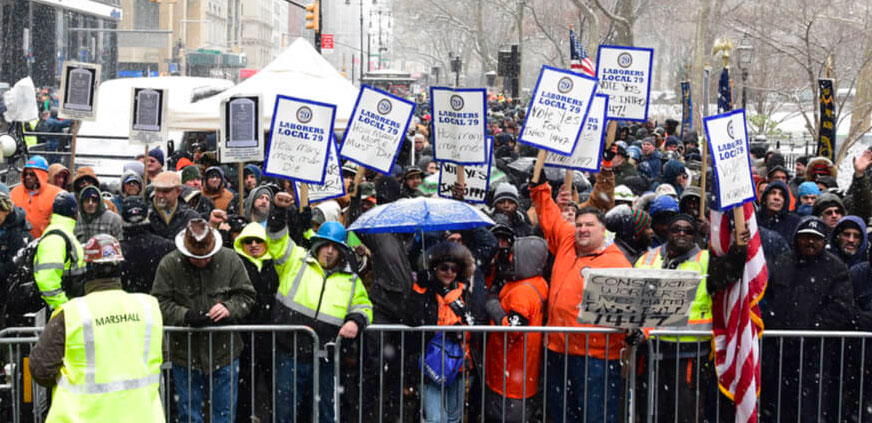On October 27, 2022, the Department of Justice Antitrust Division (“DOJ”) announced that VDA OC LLC (“VDA”), a healthcare staffing company, pleaded guilty and was sentenced for engaging in a no-poaching and wage-fixing conspiracy to suppress competition in the labor market for nurses serving Nevada school districts. This conviction represents the DOJ’s first-ever win in criminal enforcement of labor antitrust violations.
The Charges Against VDA
On March 30, 2021, a federal grand jury in the U.S. District Court for the District of Nevada formalized the charges against VDA and returned an indictment charging VDA and its former executive for violating Section 1 of the Sherman Act. According to the one-count felony indictment, from about October 2016 until July 2017, VDA’s executive agreed with a competitor not to recruit or hire nurses staffed by their respective companies at Clark County School District facilities and to refrain from raising the wages of those nurses.
The Antitrust Division’s San Francisco Office and the FBI’s International Corruption Unit conducted the federal investigation, with assistance from the U.S. Attorney’s Office for the District of Nevada.
The DOJ’s Criminal Enforcement Actions and Labor Antitrust Violations
VDA’s conviction is the result of the DOJ’s efforts to proceed criminally against wage-fixing or no-poaching agreements in accordance with the DOJ and Federal Trade Commission’s (“FTC”) Joint Antitrust Guidance for Human Resource Professionals, issued in October 2016.
According to the DOJ’s definitions, in a wage-fixing agreement, employers agree not to compete on employee salary, benefits, or other terms of compensation, either at specific levels or within a range. In a no-poach agreement, employers agreed not to solicit (including cold-calling and recruiting), hire, or otherwise compete for each other’s employees.
In its October 2016 Guidance, the DOJ stated it will “criminally investigate allegations that employers have agreed among themselves on employee compensation or not to solicit or hire each others’ employees.”
Antitrust Law Enforcement, Civil Remedies, and Criminal Penalties
The Sherman Act, and the antitrust laws in general, are enforced by a range of public and private actors. At the federal level, both the DOJ and the FTC enforce the antitrust laws, though only the DOJ may bring criminal charges. At the state level, state attorneys general are authorized to investigate and bring antitrust suits on behalf of individuals residing within their states, or on behalf of the state as a purchaser. State attorneys general may bring actions to enforce federal and states antitrust laws. Often, state attorneys general work and cooperate with federal authorities for their enforcement actions. Private parties, like businesses, consumers, and employees, can also bring suits to enforce the antitrust laws.
Criminally, a violation of the Sherman Act carries a statutory maximum penalty of 10 years in prison and a $1 million fine for individuals, as well as a maximum penalty of a $100 million fine for corporations. The maximum fine may be increased to twice the gain derived from the crime or twice the loss suffered by victims if either amount is greater than the statutory maximum. In the civil context, the Sherman Act provides for sanctions of triple (aka “trebled) damages, and legal fees for injured parties, as well as injunctions, to prevent or stop anticompetitive conduct.
Important Notes
Since 2020 the DOJ has significantly increased its criminal enforcement actions involving labor and employment markets, bringing several indictments based on no-poach agreements and labor-market collusion.
Courts are willing to recognize these labor-market conducts as viable claims within the scope of the antitrust laws, as the DOJ’s recent actions survived motions to dismiss.
VDA’s recent conviction will likely bolster federal and state agencies’ antitrust scrutiny of employers’ practices, such as California’s actions against “no-poach” policies involving franchises in the fast food industry.
Please reach out to EPGR Lawyers for any questions about antitrust enforcement and compliance, as well as the agencies’ civil and criminal actions involving wage fixing, no-poach, and non-compete agreements.









